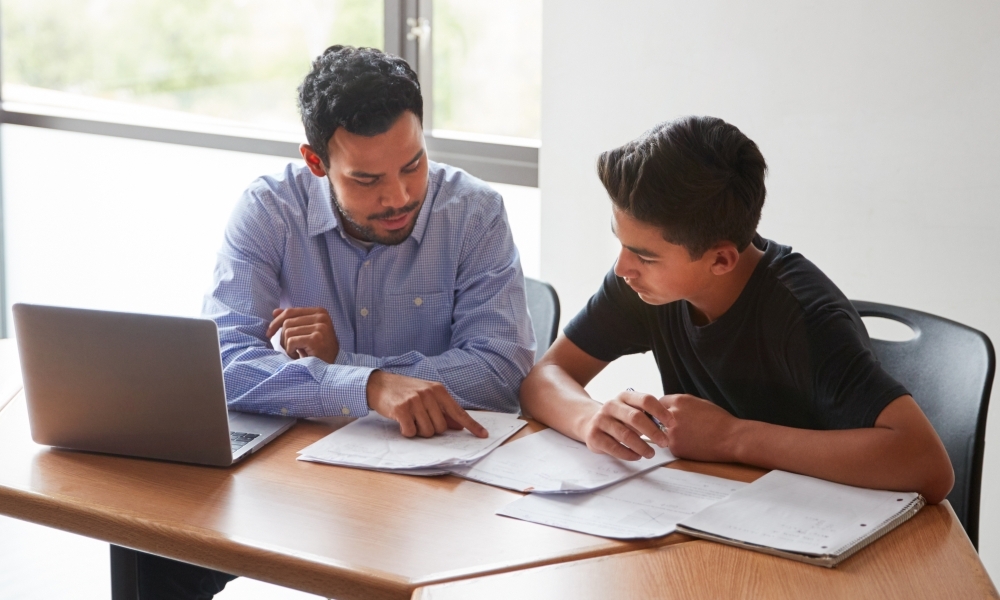Supporting the academic growth of students with disabilities requires thoughtful, tailored strategies that accommodate their unique learning needs. Educators who take the time to adapt their teaching methods can foster a more inclusive and effective learning environment. By collaborating with special education experts and utilizing advanced techniques, students with disabilities can overcome challenges and achieve academic success.
Tailoring Education to Individual Learning Styles
Every student has a distinct learning style, but for those with disabilities, recognizing and addressing these preferences is especially critical. Educators, particularly those specializing in special education, play a crucial role in crafting individualized teaching methods. Adapting the curriculum to suit each student’s abilities ensures that learning is accessible and meaningful.
Creating Equal Access to Educational Resources
An essential component of inclusive education is ensuring that students with disabilities have equitable access to learning materials. Providing resources in multiple formats is key. For example, students with visual impairments may need materials in large print or braille, while those with dyslexia might benefit from audiobooks or text-to-speech software.
Accessibility goes beyond simply making materials available—it requires understanding how each student interacts with information. Assistive technologies like screen readers and voice-activated software can help students engage with their lessons more effectively, ensuring that they can participate fully in the classroom. Teachers and tutors who advocate for the integration of these technologies are instrumental in breaking down barriers to learning.
Maximizing the Impact of Assistive Technology
Technology plays a transformative role in helping students with disabilities meet their academic potential. Tools like screen magnifiers, speech-to-text programs, and adaptive keyboards are just a few examples of how technology can level the playing field. These tools allow students to focus on learning rather than being hindered by their disabilities.
Educators and a special education tutor must be proactive in promoting the use of assistive technology in classrooms. By ensuring that students have access to the right tools, teachers can dramatically improve their ability to absorb and retain information. The adoption of assistive technology represents a major step toward creating a more inclusive educational experience.
Fostering a Supportive Learning Environment
The emotional well-being of students with disabilities is just as important as their academic progress. A supportive and encouraging learning environment boosts student motivation and commitment to their studies. Research has shown that when students feel valued and understood, their satisfaction and engagement in learning increase.
Building peer support systems can further enhance this positive atmosphere. When students with disabilities collaborate with their peers, it reduces the sense of isolation they may feel and promotes inclusivity.
Partnering with Parents for Student Success
The role of parents or guardians in supporting students with disabilities cannot be overstated. Effective communication between educators and parents is critical in ensuring that students receive consistent support at school and at home. Regular updates, meetings, and accessible resources allow parents to stay informed and involved in their child’s education.
Educators must be mindful of the accessibility needs of parents as well. For instance, providing information in formats compatible with assistive technology ensures that visually impaired parents are kept in the loop. Collaboration between schools and families creates a unified approach to meeting the academic and emotional needs of students with disabilities.
Paving the Way for Academic Success
Educators who are equipped with advanced strategies for supporting students with disabilities can have a profound impact on their academic journey. By focusing on individualized learning styles, advocating for assistive technology, and creating inclusive classroom environments, teachers help students overcome challenges and achieve their full potential. Partnering with special education professionals and engaging with families further strengthens this support system.





